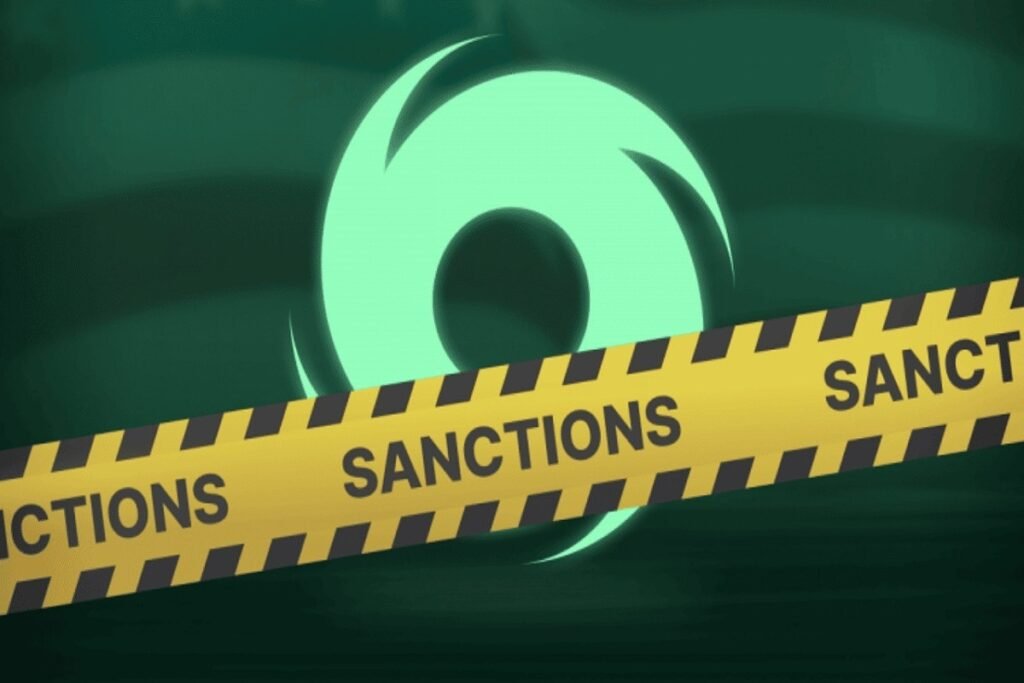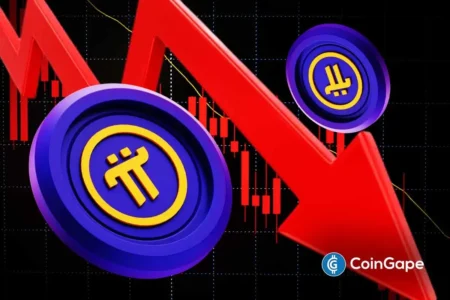The Conclusion of the Tornado Cash Legal Saga: What It Means for Crypto Regulations
1. Background on Tornado Cash’s Legal Challenges
Nearly five months after the US Treasury Department lifted its sanctions against the cryptocurrency mixer Tornado Cash, a significant legal battle has come to a close. This pivotal moment arrived when the Treasury Department decided to drop its appeal against the crypto mixer, effectively ending a long-standing legal saga. The recent decision was influenced by an advocacy group, Coin Center, which had been fighting to challenge the legality of the sanctions imposed on Tornado Cash. Coin Center’s Executive Director, Peter Van Valkenburgh, confirmed on social media that the appeal’s dismissal signals the official end of the court battle regarding the authority underlying these sanctions.
2. Court Findings and Reactions
According to a Bloomberg Law report, the Eleventh Circuit Court of Appeals granted a joint motion to dismiss the appeal, attesting to both parties’ agreement that any further court decision on this matter would hold no practical relevance. This outcome follows a recent ruling that deemed the Office of Foreign Assets Control’s (OFAC) sanctions on Tornado Cash overly broad and in violation of the Administrative Procedure Act. Back in April, Coinbase’s Chief Legal Officer, Paul Grewal, praised the court’s actions while emphasizing that the decision prohibited OFAC from enforcing similar sanctions against Tornado Cash in the future.
3. Ongoing Legal Troubles for Tornado Cash Co-Founder
However, the victory is bittersweet for Tornado Cash co-founder Roman Storm, who remains embroiled in a different legal battle. Storm faces serious charges including conspiracy to commit money laundering and sanctions evasion, with his trial set to begin next week in New York. If found guilty, he faces the prospect of a staggering 45-year prison sentence. It’s worth noting that the charges related to operating an unlicensed money transmitter business were dropped by prosecutors, but Storm still has a challenging road ahead.
4. Market Response to Legal Developments
Despite these legal hurdles for its co-founder, the Tornado Cash token (TORN) has seen a notable market uplift following the legal victory. As of the latest reports, TORN’s price surged nearly 3%, trading at approximately $9.44. Additionally, daily trading volume for TORN skyrocketed by 154%, a clear sign that market sentiment has reacted positively to the resolution of the lawsuit. This is reminiscent of a previous day when TORN’s price jumped by 180% after the appeals court lifted sanctions against the crypto mixer.
5. Shifting Regulatory Landscape for Cryptocurrencies
The decision to abandon the appeal signifies a broader trend within the U.S. regulatory landscape toward a more lenient approach to digital assets. The atmosphere for digital currencies is evolving, with emerging signs that other significant players—such as Ripple and the SEC—may also consider dropping their appeals in their intricate legal tussles. There is a growing anticipation of new legislation aimed at regulating the cryptocurrency ecosystem, which, under the Trump administration, appears to be primed for more amenable discussions and reforms.
6. Conclusion: What Lies Ahead for the Crypto Space
As the dust settles following these recent legal developments regarding Tornado Cash, the cryptocurrency landscape finds itself at a critical juncture. While Tornado Cash’s legal battle has ended with a victory for the platform and advocacy groups, ongoing concerns surrounding compliance and regulation persist for its co-founder, Roman Storm. The broader implications for the cryptocurrency industry could signal a shift toward more balanced regulations that both protect users and foster innovation. Investors and industry stakeholders are closely monitoring these developments to gauge their potential impact on the future of digital asset regulations in the United States.
Through these changes, the cryptocurrency market may be poised for a resurgence, provided that regulatory clarity and fairness are prioritized in upcoming legislation.

















